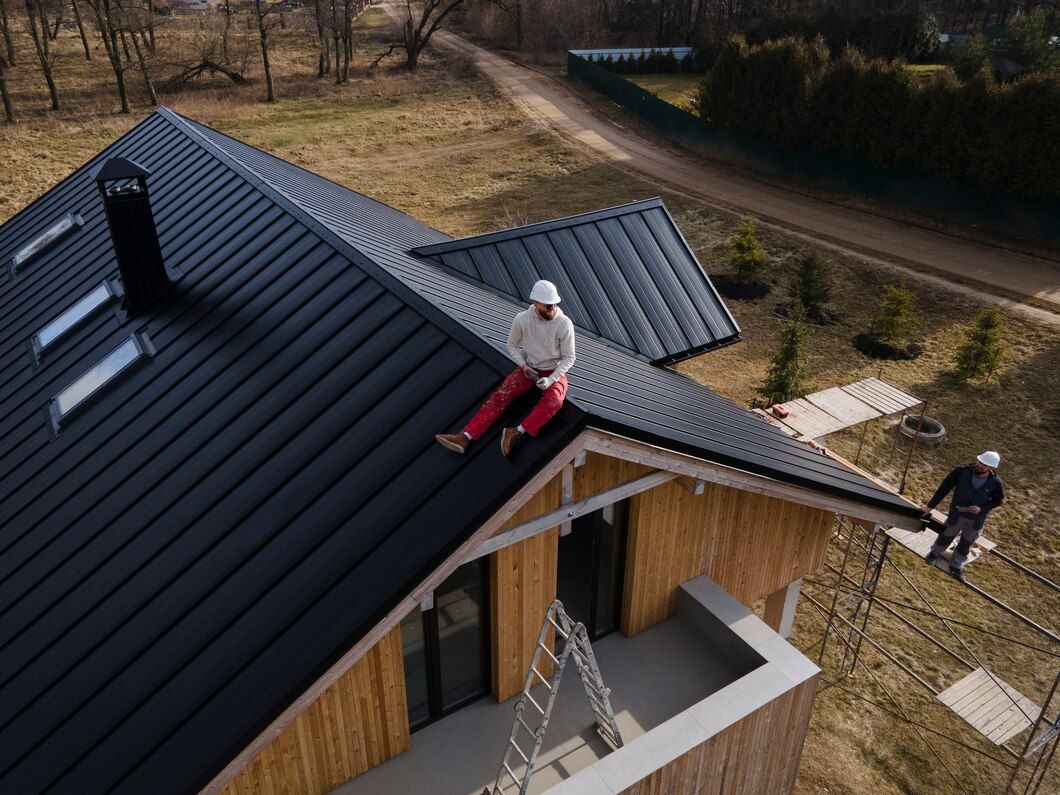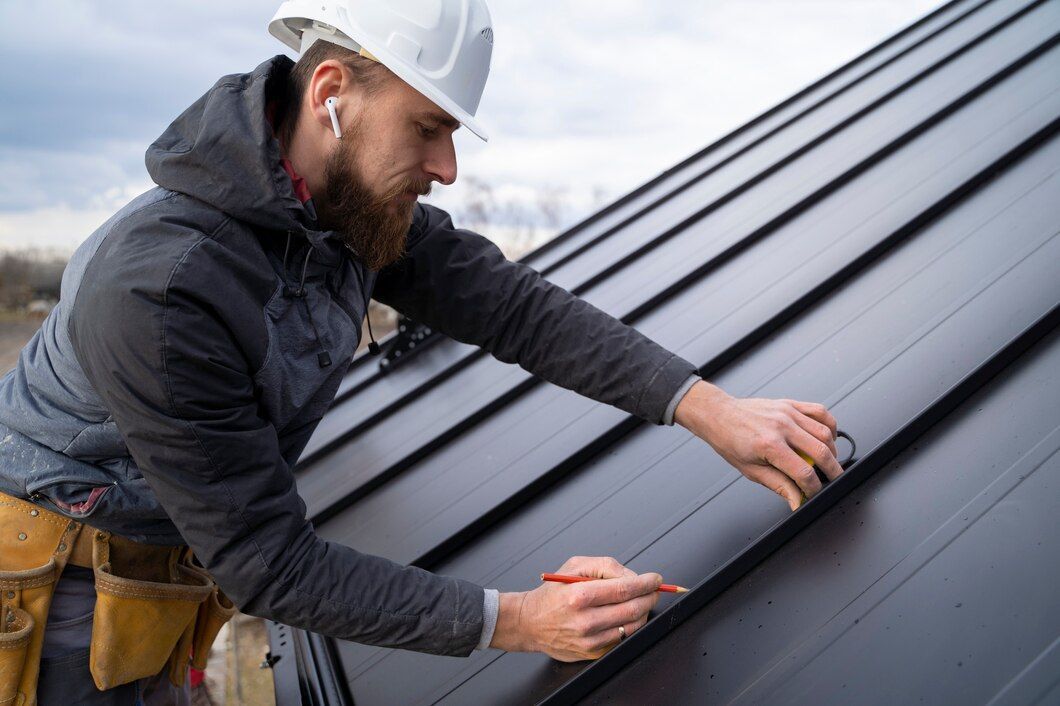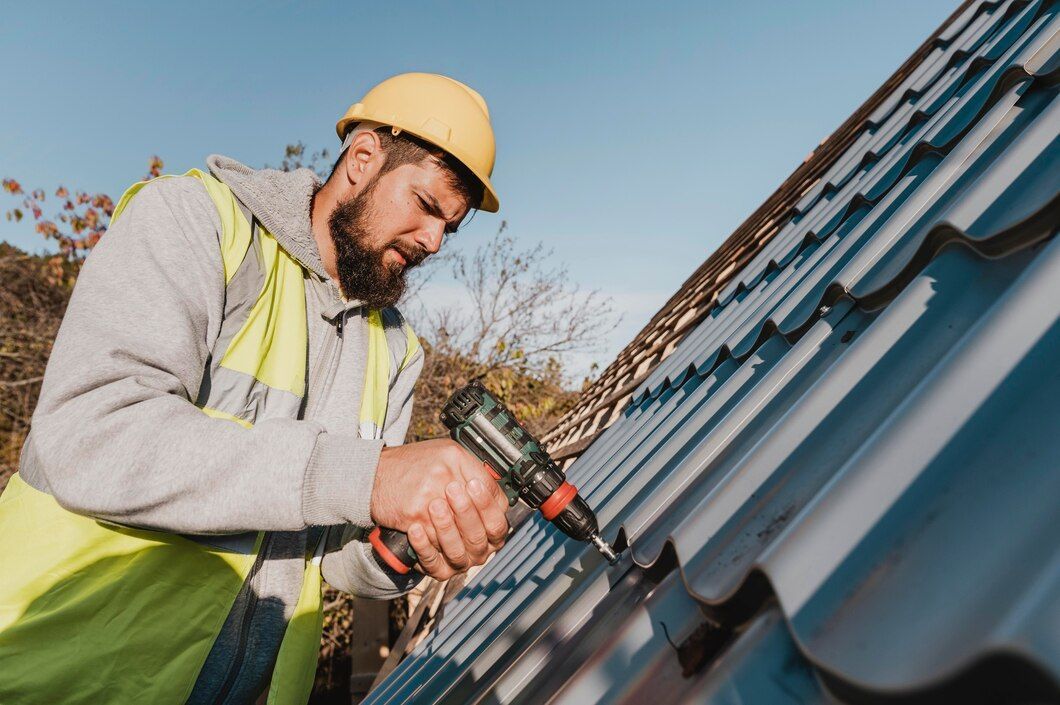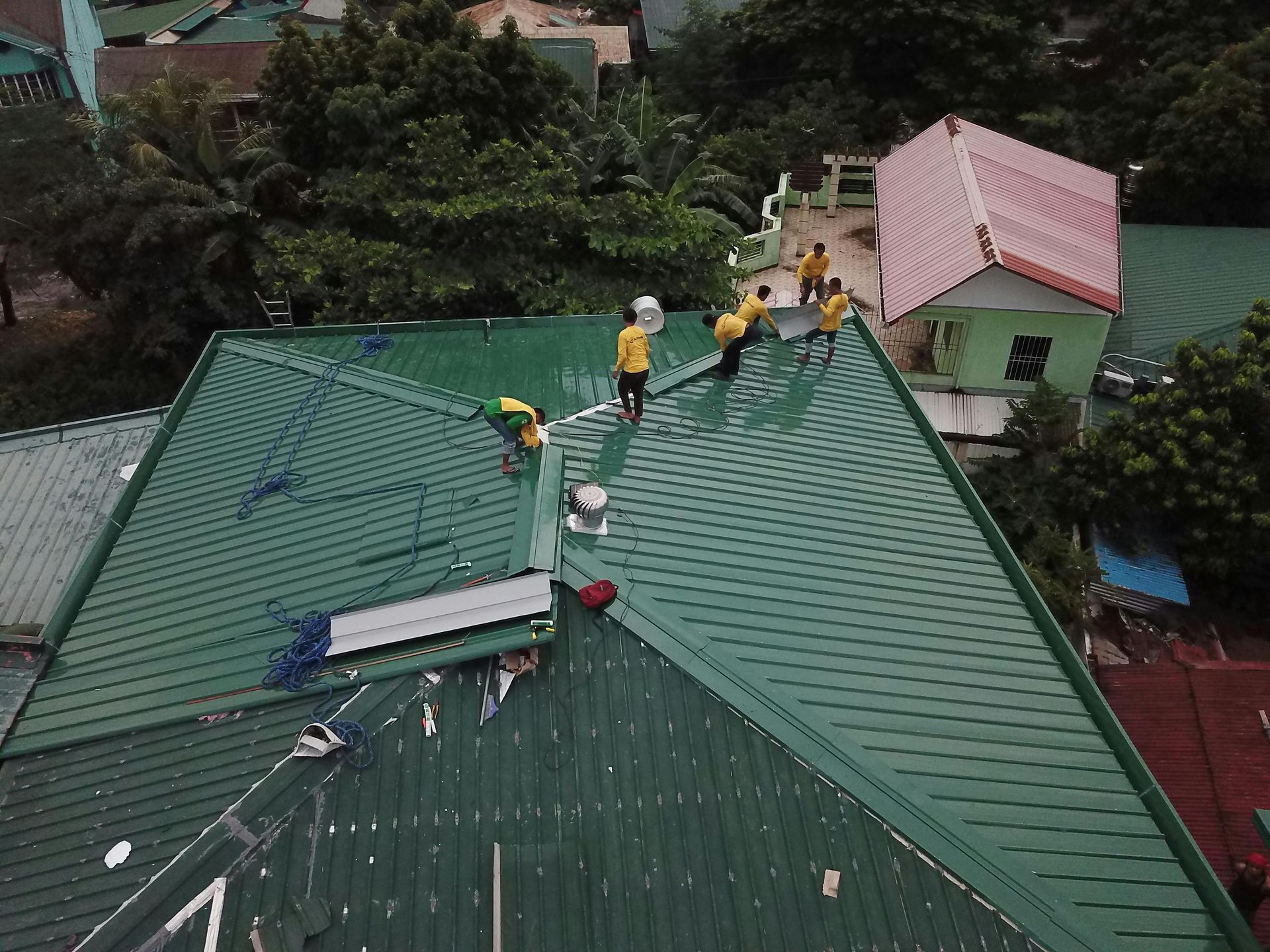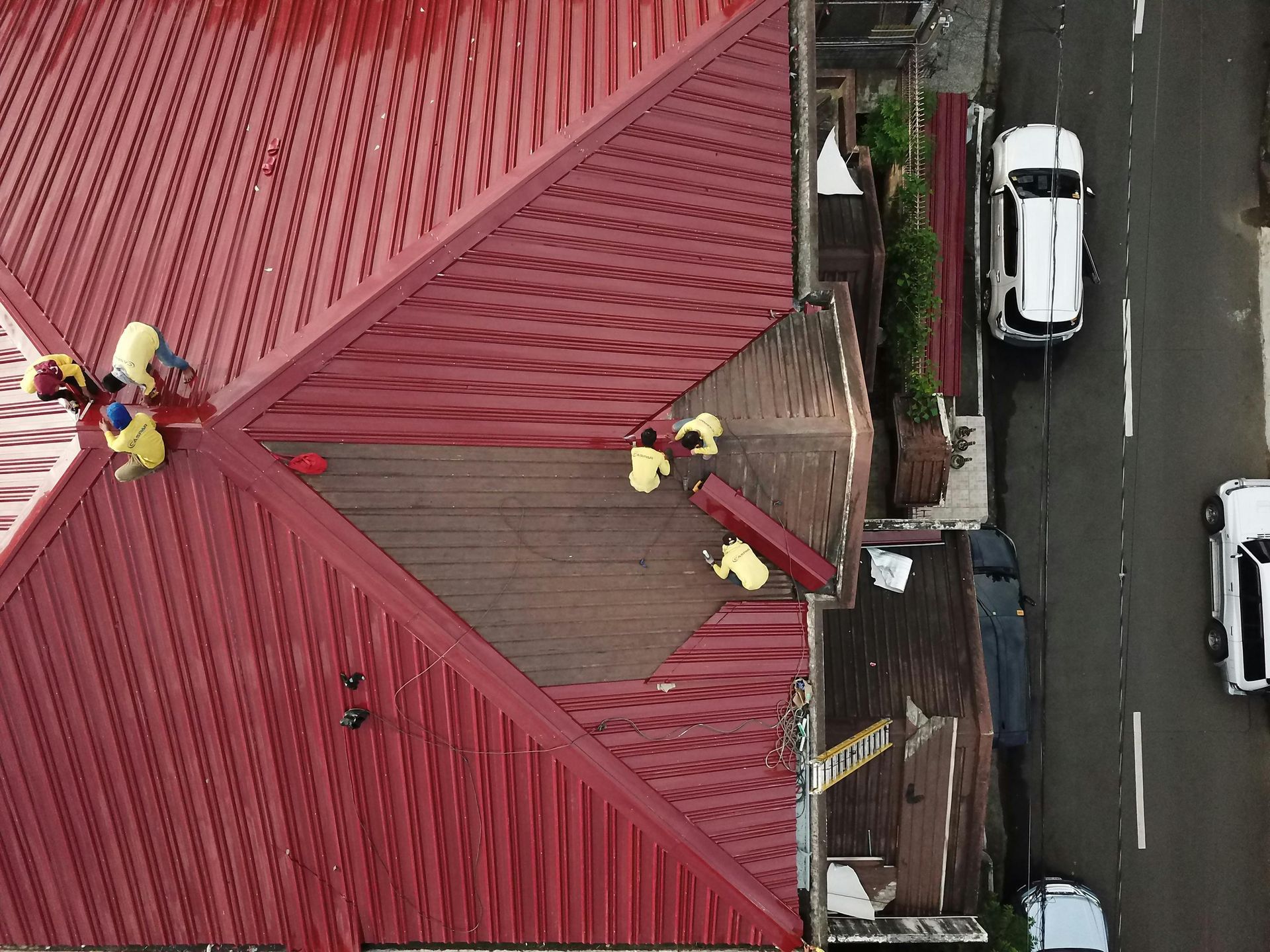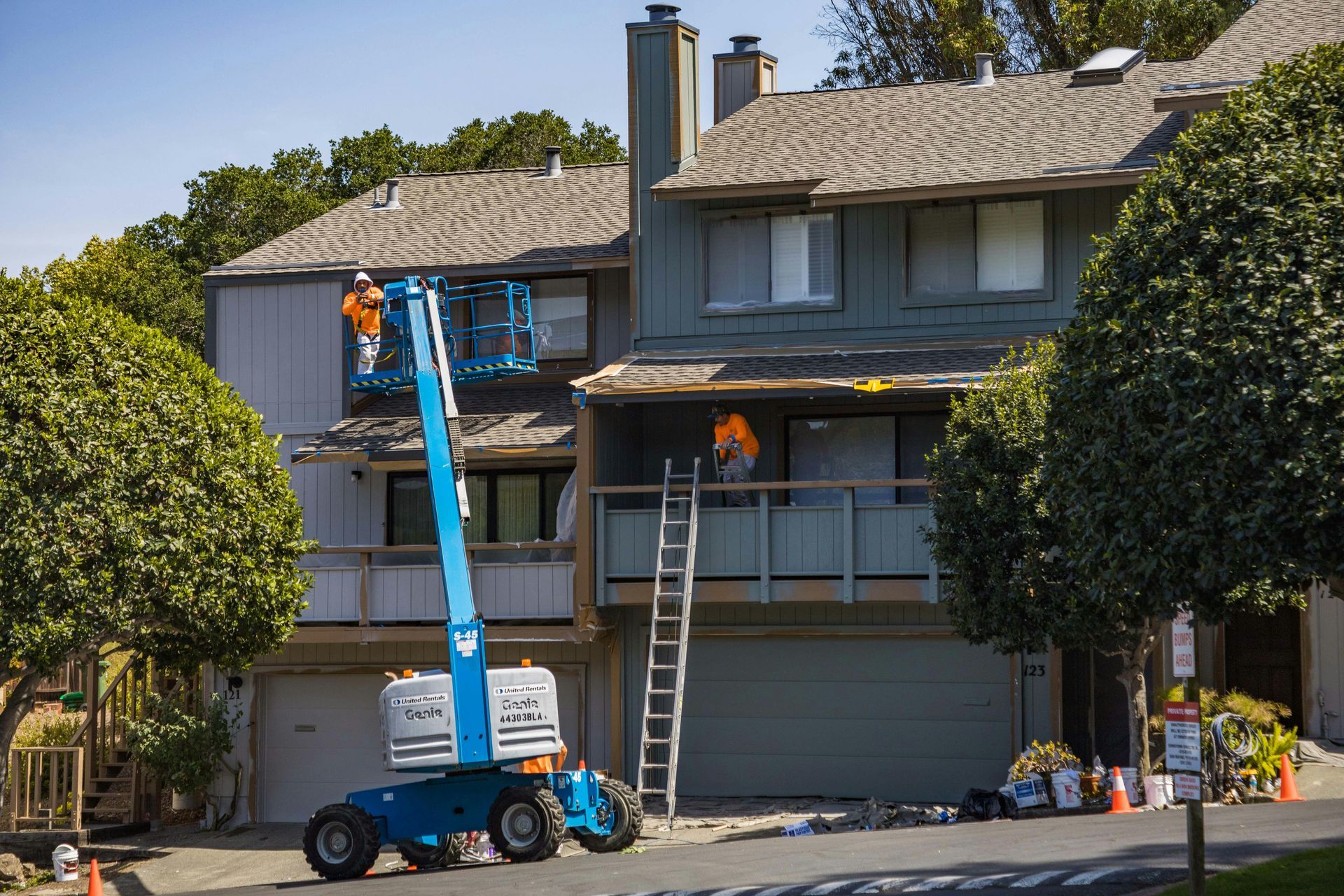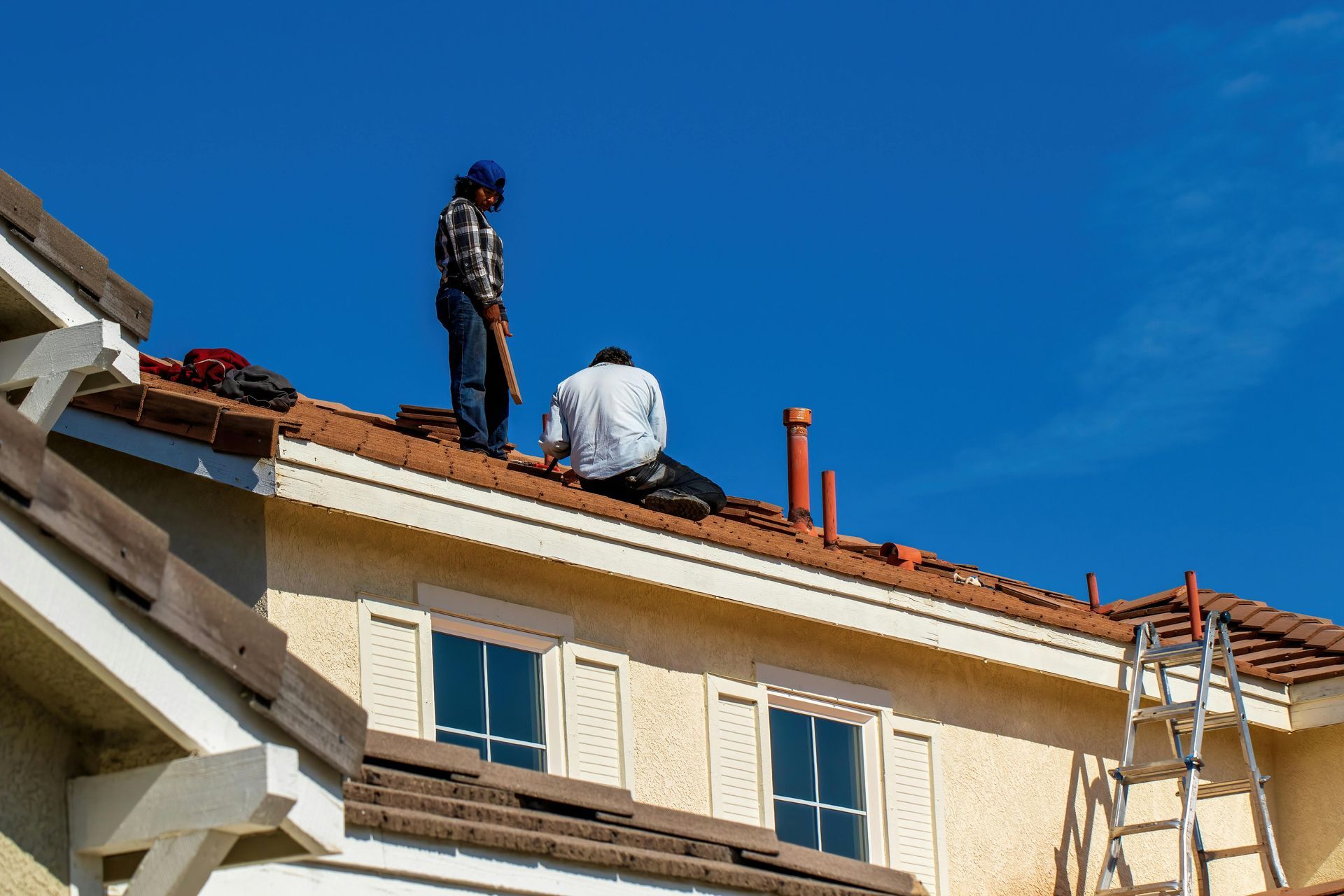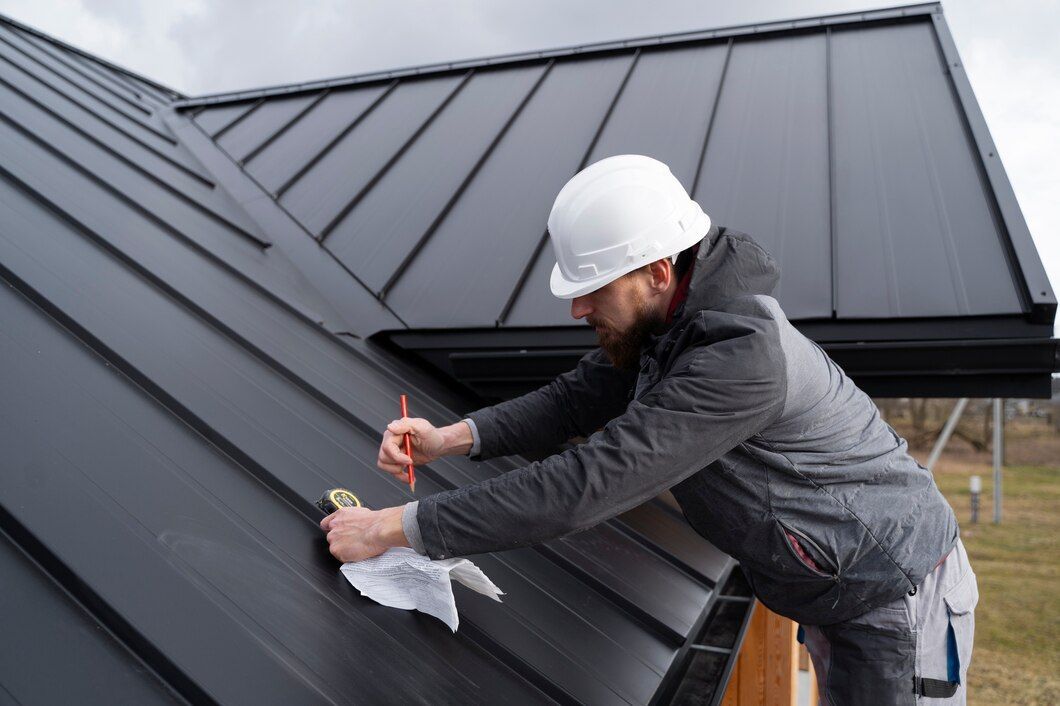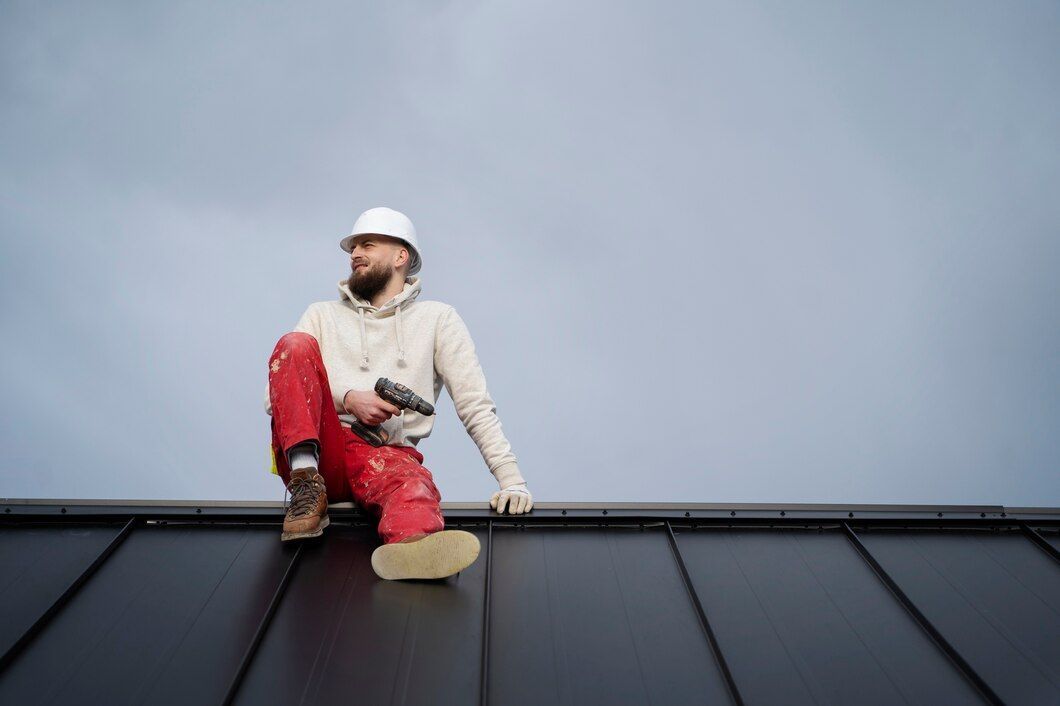Understanding Roof Repair Costs: Unveiling the Hidden Factors

Roof repair is a crucial aspect of home maintenance that often becomes a necessity as houses age and face the wear and tear caused by weather conditions.
While the cost of roof repair can vary significantly depending on various factors, it is essential to understand the key aspects that influence these costs.

In this article, we will explore the factors affecting roof repair costs, common repairs, associated expenses, additional costs to consider, the pros and cons of DIY repairs versus hiring professionals, and tips for minimizing repair costs.
By the end, you'll have a comprehensive understanding of what goes into the pricing of roof repairs and how to make informed decisions.
The Importance of Roof Repair
A roof is a vital component of any structure, protecting it from the elements and providing safety and comfort to the occupants. Over time, roofs may experience damage due to factors such as aging, weather events, and lack of maintenance.
It is crucial to address any issues promptly to prevent further damage and costly repairs in the future. Regular roof repair and maintenance not only extend the lifespan of your roof but also safeguard your home's integrity and prevent potential water damage, mold growth, and structural issues.
Factors Affecting Roof Repair Costs
Several factors contribute to the overall cost of roof repairs. Understanding these factors will help you anticipate the expenses involved and make informed decisions.
Roof Material
The type of roofing material used greatly influences repair costs. Different materials have varying levels of durability, complexity, and availability. For example, repairing a slate roof may be more expensive than repairing an asphalt shingle roof due to the higher cost and specialized skills required for slate repairs.
Roof Size and Complexity
The size and complexity of your roof play a significant role in determining the cost of repairs. A larger roof will generally require more materials and labor, resulting in higher costs. Additionally, complex roof designs with multiple angles, valleys, and architectural features can increase the complexity of repairs, impacting the overall expenses.
Scope of Damage
The extent of the damage to your roof directly affects the repair costs. Minor issues, such as a few missing shingles or a small leak, may be relatively inexpensive to fix. However, extensive damage requiring extensive repairs or even a complete roof replacement will significantly increase the costs involved.
Location and Accessibility
The location of your home can impact repair costs due to variations in labor rates and material availability. Furthermore, factors like the roof's accessibility, slope, and height can affect the difficulty and time required for repairs, thereby influencing the overall expenses.
Contractor's Experience and Reputation
The experience and reputation of the roofing contractor you hire can also influence the costs. Highly skilled and reputable contractors may charge higher rates due to their expertise and quality of work. While it might be tempting to opt for cheaper options, it is crucial to balance cost with experience and reliability to ensure a successful and long-lasting repair.
Common Roof Repairs and Their Costs
Several common roof repairs have their own associated costs, which can help you estimate the expenses involved in addressing specific issues. Here are some examples:
Shingle Replacement
Replacing damaged or missing shingles is one of the most common roof repairs. The cost of shingle replacement varies depending on the type of shingles used and the extent of the damage. On average, homeowners can expect to pay between $100 and $300 per square (100 square feet) for shingle replacement.
Roof Leak Repair
Roof leaks can cause significant damage if not addressed promptly. Repairing a roof leak involves identifying the source of the leak, patching or replacing the damaged area, and ensuring proper sealing to prevent future leaks. The cost of roof leak repair varies depending on the extent of the damage and the complexity of accessing the leak. Typically, repairing a roof leak can range from $200 to $1,000 or more.
Flashing Repair
Flashing refers to the metal or waterproof material used to prevent water from seeping into areas such as chimneys, vents, and skylights. Damaged or improperly installed flashing can lead to leaks. Repairing flashing may involve resealing or replacing the flashing material, which can cost between $200 and $500, depending on the complexity of the repair.
Roof Vent Repair
Roof vents play a crucial role in maintaining proper ventilation in your attic or roof space. Damaged or malfunctioning vents can cause moisture buildup and other issues. Repairing a roof vent can range from $150 to $500, depending on the type of vent, accessibility, and extent of the repair.
Chimney Repair
Chimneys are susceptible to various issues, including cracks, leaks, and damaged mortar. Repairing a chimney involves addressing these issues and ensuring the chimney's structural integrity. The cost of chimney repair can range from $300 to $1,500 or more, depending on the extent of the damage and the type of repairs needed.
Gutter Repair
Gutters play a crucial role in directing water away from your roof and home. Damaged or clogged gutters can lead to water backup, which can cause roof leaks and other problems. Gutter repair costs typically range from $200 to $800, depending on the extent of the damage and the length of the gutter system.
Additional Costs Associated with Roof Repair
Roof Inspection Fees
Before initiating any repairs, it is often necessary to have a professional inspect your roof to assess its condition thoroughly. Roof inspection fees can range from $100 to $400, depending on factors such as the size of the roof and the level of detail required in the inspection report.
Permit Costs
In some cases, obtaining permits may be required for certain types of roof repairs. Permit costs can vary depending on your location and the complexity of the repairs. It is important to check with your local building department to determine if any permits are necessary and factor in the associated costs.
Emergency Repairs
If your roof sustains significant damage due to a sudden event, such as a storm or fallen tree, emergency repairs may be necessary to prevent further damage to your home. Emergency repairs often come with additional costs due to the urgency and immediate response required.
Structural Damage
In cases where roof damage has caused structural issues to your home, such as weakened trusses or damaged support beams, the repair costs can be significantly higher. Structural repairs may involve the expertise of an engineer or architect and require extensive work to ensure the structural integrity of your home.
Mold and Water Damage
Water leaks or prolonged roof damage can lead to mold growth and water damage within your home. Remediation and repair of mold and water damage can be costly, as it often involves not only addressing the source of the water intrusion but also removing and replacing affected materials.
DIY vs. Professional Roof Repair
When facing roof repairs, you may wonder whether to tackle the job yourself or hire a professional roofing contractor. Each approach has its pros and cons, which should be considered based on your skill level, the complexity of the repairs, and your willingness to take on the associated risks.
Pros and Cons of DIY Roof Repair
DIY roof repairs can be cost-effective and satisfying for those with experience in roofing and construction. It allows you to have full control over the repair process and potentially save money on labor costs.
However, DIY repairs can be time-consuming, and mistakes or improper repairs can lead to further damage or voided warranties. It is important to assess your capabilities and the complexity of the repairs before deciding to take the DIY route.
Benefits of Hiring a Professional
Hiring a professional roofing contractor brings several advantages. Experienced contractors have the necessary skills, knowledge, and tools to perform quality repairs efficiently. They are well-versed in safety protocols and can identify underlying issues that may go unnoticed by an untrained eye.
Additionally, professional contractors often provide warranties or guarantees for their work, offering peace of mind and protection in case of future issues.
How to Minimize Roof Repair Costs
Regular Maintenance and Inspection
Perform regular roof inspections to identify and address minor issues before they escalate. Clear debris from your roof, clean gutters regularly, and check for signs of damage, such as loose or missing shingles.
Addressing Issues Promptly
When you notice any signs of damage, such as leaks or missing shingles, address them promptly. Prompt repairs can prevent further damage and minimize repair costs in the long run.
Choosing Quality Materials
Opt for high-quality roofing materials that are durable and long-lasting. While they may have a higher upfront cost, they can save you money in the long term by reducing the frequency of repairs.
Obtaining Multiple Quotes
Before hiring a roofing contractor, obtain multiple quotes from reputable companies. This allows you to compare prices, services offered, and the reputation of the contractors to make an informed decision.
Reviewing Insurance Coverage
Check your homeowner's insurance policy to understand the coverage for roof repairs. Some policies may cover certain types of damage, helping offset the costs involved. Discuss any potential claims with your insurance provider before proceeding with repairs.
Hiring the Right Roofing Contractor
Choosing the right roofing contractor is crucial to ensure quality workmanship and a successful repair project. Consider the following steps when hiring a contractor:
Researching Local Roofing Companies
Research local roofing companies by checking online directories, reading customer reviews, and asking for recommendations from friends, family, or neighbors. Look for companies with a good reputation and a track record of quality work.
Checking Licenses and Insurance
Verify that the roofing contractor you intend to hire has the necessary licenses and permits to operate in your area. Additionally, ensure they carry adequate insurance coverage, including liability insurance and worker's compensation insurance, to protect yourself from any potential liabilities.
Reading Customer Reviews
Read customer reviews and testimonials to gauge the reputation of the roofing contractor. Look for positive feedback regarding their workmanship, professionalism, and customer service.
Getting Written Estimates
Request written estimates from multiple contractors for the proposed repairs. The estimates should include detailed breakdowns of the costs, materials to be used, and the timeline for the project. Compare the estimates to make an informed decision.
Asking for Warranties and Guarantees
Inquire about warranties and guarantees provided by the roofing contractor. A reputable contractor will offer warranties for their work and the materials used, providing you with reassurance and protection in case of future issues.
Conclusion
Understanding the factors that contribute to roof repair costs is essential for homeowners. By considering the type of roof material, size, and complexity, scope of damage, location, and contractor's experience, you can estimate the expenses involved in your roof repair project.
It is important to address repairs promptly, choose between DIY and professional repairs wisely, and take proactive measures to minimize costs. Remember to research and hire a reputable roofing contractor to ensure high-quality workmanship and long-term peace of mind.
FAQs

